Starting Or Buying A Small Business - Do I Need A Lawyer?
March 15, 2013 | by Dennis Coates, KC
A lawyer can play a variety of roles if you are considering buying a small business or starting a new business. Obviously, the process of buying an existing business is the easier process. The role of the lawyer is sometimes confined to the technical aspects such as preparing a purchase agreement or reviewing a lease, or just doing an incorporation of a new company. A lawyer however, should be viewed in addition, as the coordinator of a variety of investigations and due diligence processes to ensure that your new business has the best opportunity of succeeding. It is the duty of lawyers to ensure that you understand all the risks you are confronting, which sometimes get overlooked in the enthusiasm to acquire or start the new business.
Some of the key issues that should come out of these consultations are:
- Ensure that you have done a realistic business plan. Projected revenues and expected expenses should be done conservatively and realistically. Don’t minimize the legal and accounting expenses on an acquisition or startup as this may be the best money you spend. You should understand in simple terms how much business is necessary to break even and to make the amount of money needed to repay your costs and provide an appropriate income. These precautions apply equally to a service business, a retail business, or even a home based business.
- Consider incorporating at the beginning. Limited liability through incorporation is often delayed due to the expense, but becomes far more of an expense to implement in the future as you are then required to transfer an existing business. This may have significant tax issues. You need to protect your personal assets from accidental exposure to your business.
- Careful capital budgeting – this includes all startup expenses and probably the period of time for the business to develop into a profitable venture.
- Investigate municipal zoning issues and business license issues. There are frequently unexpected surprises that if discovered after the fact, are very expensive. This particularly applies to home based businesses.
- Don’t be so committed to the proposal or new business that you overlook the potential problems. Be prepared to abandon your project if the issues such as those above don’t give you a green light.
- Ensure that you get legal advice on issues such as leases, personal exposure to liability and partnership issues. If you are operating under a franchise agreement, ensure you that you know all the obligations of a franchisee and particularly how to terminate the arrangement and continue to operate in the same business.
- There are some very basic partnership or co shareholder decisions which are often ignored and which need to be incorporated into a partnership agreement or a shareholders agreement:
-
Money:
- where does the purchase or set up money come from?
- where does the working capital money come from?
- who signs the personal guarantees at the bank?
- if one of the parties borrows from their family what are the obligations from all of the participants?
- who gets paid as contrasted to the sharing of profits and who deterrents changes to the compensation in the future?
- what happens in the event of money shortages or defaults on obligations – does the proportion of ownership change?
- often the issues come from a relationship where one partner intends to do the work and one puts up the money. When the enterprise starts to make money and the seed money has been repaid parties often forget what the original arrangement was.
-
Work:
- what are the duties of the different participants?
- what is the expected work that will be done and more importantly, which party has what authority on an ongoing basis generally and with respect to each partner?
- what rights do family members ,including spouses, have with respect to the business?
-
Dispute resolution:
- the parties should anticipate that there will always be problems to resolve between co participants in the business
- the agreements should create inexpensive ways to resolve disputes and issues within the business.
-
The more people that are involved in the business, the more difficult it is to find the best answers to the above matters. One of the keys to the success of your business is proper planning from the beginning. Often that will mean consulting a corporate lawyer early in the process.
Share this article:
Get your interests represented
As one of the largest law firms in the Interior, our lawyers have a broad range of specializations, ensuring that we have the experience to competently and professionally represent you.

